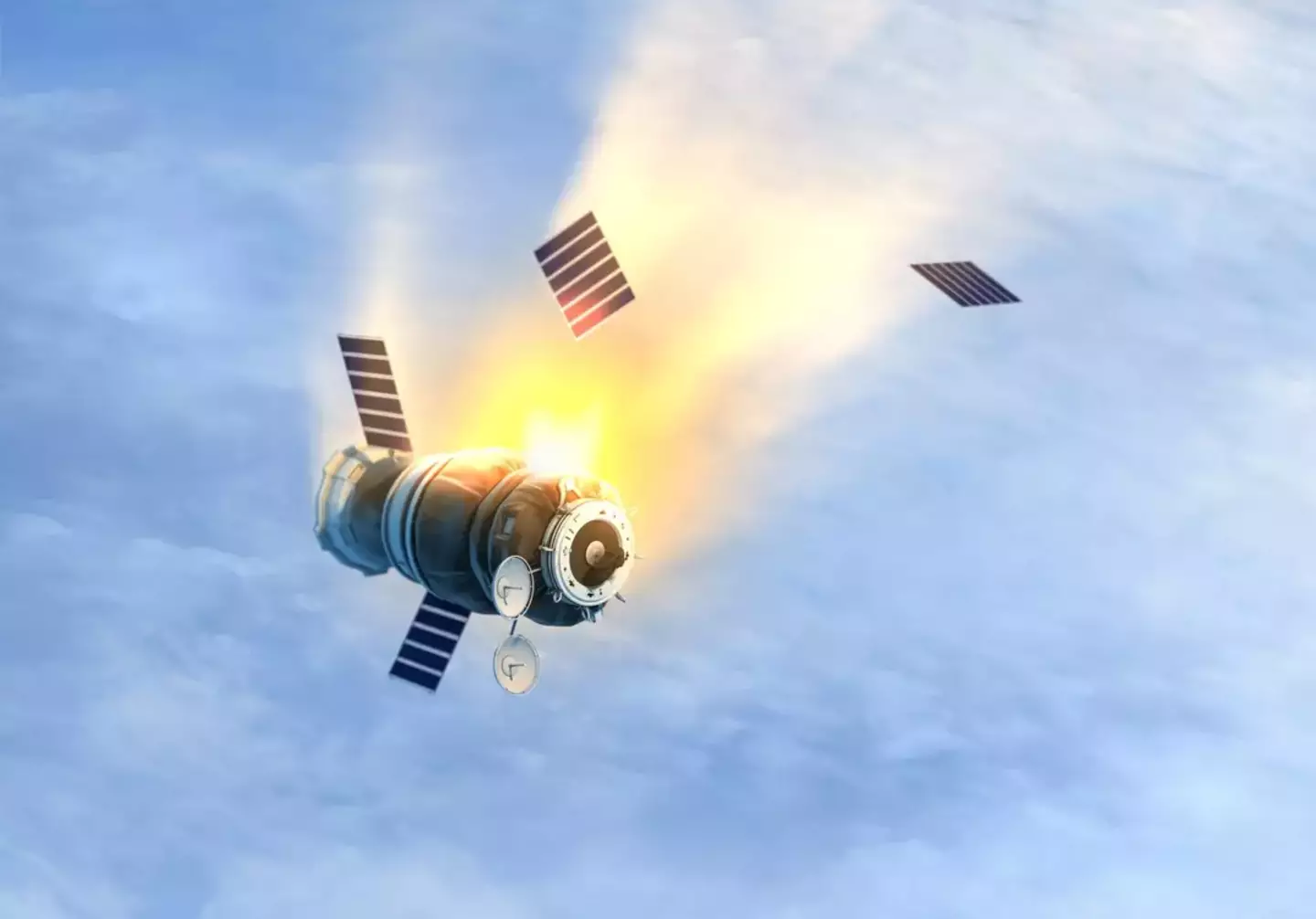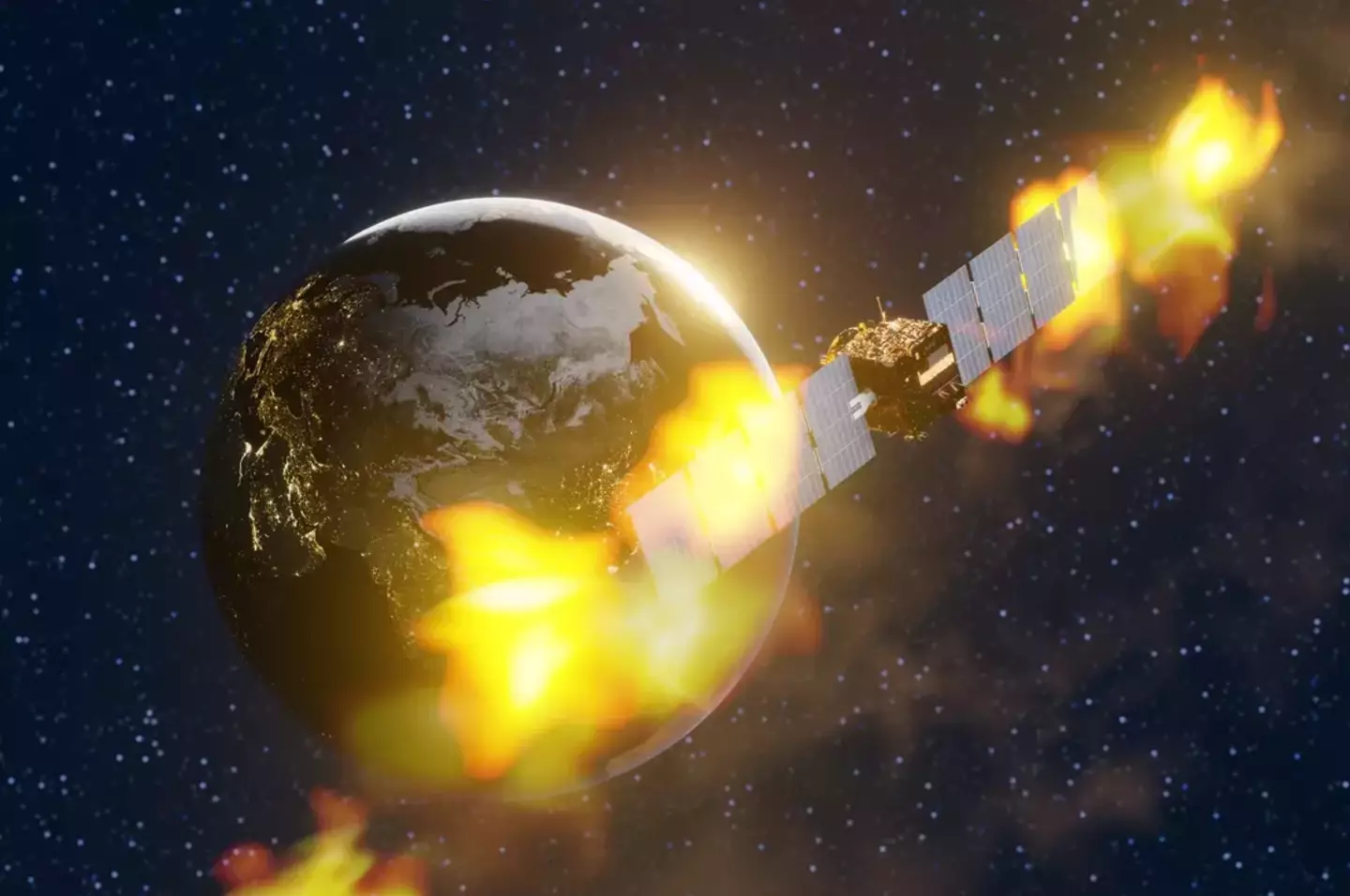
AI has predicted how many deaths the 1,100lb Soviet satellite could cause as it makes its way towards Earth at a speed of 17,000mph this week.
The lost satellite, which was originally launched into space over 50 years ago, is expected to crash land back on Earth between May 9 and May 13.
As part of the Kosmos 482 probe, the satellite was originally launched into space by the USSR in 1972 in order to collect information on Venus.
However, the probe suffered an engine malfunction while still in Earth’s orbit and it broke into four separate pieces.
Advert
While the other pieces burned up over New Zealand, the final missing object, which was the probe’s landing module, is making its way back to Earth, according to experts.

Because this final piece of the satellite was designed to safely land on Venus, it is unlikely to burn up as it re-enters the Earth’s atmosphere and instead will likely land in one piece.
This could prove to be deadly if the debris collides with people on its return and now artificial intelligence has provided some insight into just how many deaths could occur.
Advert
ChatGPT explained that if the probe were to crash into a major city then the expected number of deaths would likely be low, but not zero and there are reasons why.
The first one is the mass and impact speed.
The chatbot said: “While most space debris slows during atmospheric reentry, a surviving titanium capsule could still impact at hundreds of km/h.
“This could cause destruction similar to a small aerial bomb or large meteorite.”
Advert
Another factor to consider is the size of the city.
ChatGPT continued: “A dense city (like New York, Tokyo, or Mumbai) increases the chance it hits buildings or people.

“A direct hit on a building could collapse walls or floors, potentially killing or injuring occupants.”
Advert
It is also important to consider what time of the day that the satellite will make impact with the ground.
The bot said: “Nighttime impact in a residential zone = higher casualty potential. Daytime in a park or street = lower, unless it hits a crowd.”
So, how does this compare to past events? In 2013, the Chelyabinsk meteor, which weighed 10,000+ tons, injured around 1,500 people but caused no deaths. Instead, injuries were mostly due to broken glass and shockwaves.
The Kosmos 482 probe is much smaller than the meteor, according to AI, so the blast radius would be under 50–100 meters.